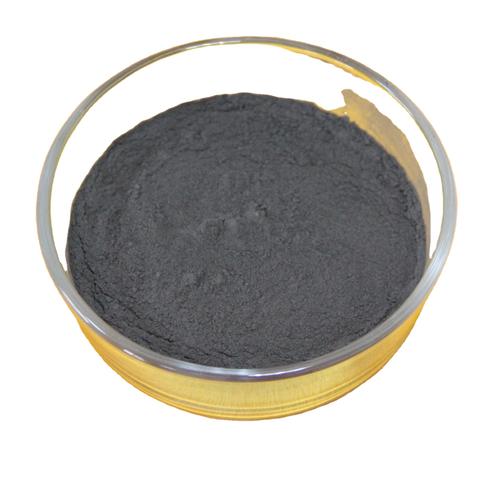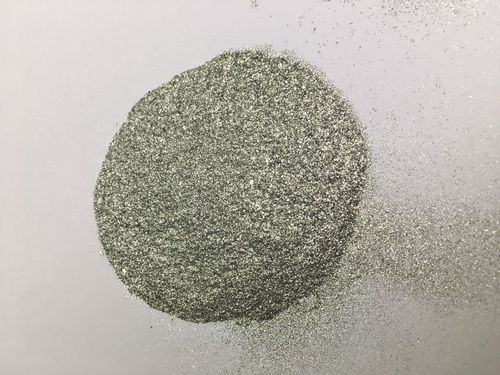**Title: Metal in Your Shake? The Real Scoop on Protein Powder**
(Does Protein Powder Have Metal In It)
**Product Keywords:** Protein Powder
You grab your trusty shaker bottle. You scoop in that protein powder. You add liquid. You shake it up. Boom. Fuel for muscles. But a nagging question pops up. Does this stuff have metal in it? It sounds strange. Maybe even scary. Let’s dig into the gritty truth. We’ll separate fact from fiction about metals and your protein.
**1. What Exactly Are We Talking About With Metals in Protein Powder?**
Forget chunks of iron. Think tiny. Microscopic. We’re talking trace amounts of heavy metals. These include lead, arsenic, cadmium, and mercury. They exist naturally in our environment. They are in the soil. They are in the water. Plants grow in that soil. They absorb water. They take up these metals as they grow. Animals eat those plants or other animals. They accumulate metals too.
Protein powder comes from sources like milk (whey, casein), soy, peas, rice, or eggs. The plants or animals providing these ingredients live in our environment. They naturally contain very small amounts of these heavy metals. It’s unavoidable. The levels are measured in parts per million (ppm) or even parts per billion (ppb). This means tiny, tiny quantities. The real concern is how much gets into the final product you consume. Testing looks for that.
**2. Why Do People Worry About Metals in Protein Powder?**
Heavy metals sound bad. They are. In large amounts, over long periods, they pose health risks. Lead can harm the brain and nervous system. Arsenic links to skin lesions and cancer. Cadmium can damage kidneys. Mercury affects neurological development. This is serious stuff. Nobody wants these in their body.
The worry transfers to anything we consume regularly. Protein powder fits that bill. Fitness enthusiasts might drink multiple shakes daily. People use it for years. If even small amounts add up over time, could it be harmful? Headlines sometimes pop up about tests finding metals in protein powders. This fuels the fire. It creates fear. People want to know their daily shake isn’t secretly poisoning them. Understanding the actual risk level is key.
**3. How Do Metals Get Into Protein Powder (And How Much is Too Much)?**
The journey starts at the source. Soil naturally contains heavy metals. Industrial pollution can add more. Plants, like soybeans, peas, or rice used in vegan proteins, absorb these metals through their roots. Grazing animals consume plants and water containing metals. Dairy cows pass some metals into milk. Whey and casein come from milk.
Processing concentrates protein. It removes fat, carbs, water. Unfortunately, concentrating protein can sometimes mean concentrating the metals present in the source material too. Cheaper processing methods might be less effective at removing impurities. Contaminated equipment is another potential, though less common, source.
The crucial question is quantity. How much metal is actually present? Regulatory bodies set limits. The FDA has “Provisional Tolerable Weekly Intakes” (PTWIs) for heavy metals. California’s Prop 65 sets stricter warning thresholds. Independent groups like ConsumerLab or NSF International test products against these standards. They look for levels exceeding safety limits. Not all powders are equal. Testing shows some have concerning levels. Others are well below limits. Knowing the source and testing results matters.
**4. Applications: Choosing Safer Powders and Reducing Your Exposure**
You don’t need to ditch protein powder. Smart choices help minimize risk. Think about these steps:
* **Research Brands:** Look for brands that prioritize testing. Check their websites. Do they mention third-party testing for heavy metals? Do they publish results? Certifications from NSF Certified for Sport, Informed Choice, or USP Verified add trust. These test for contaminants like metals.
* **Diversify Your Sources:** Don’t rely solely on one type of protein powder forever. Rotate between whey, casein, plant blends (pea/rice), egg white, or beef protein. Different sources have different metal profiles. Variety reduces the chance of consistently high exposure to one specific metal.
* **Check the Ingredients:** Some ingredients are more prone to higher metal levels. Rice protein, especially brown rice, often shows higher arsenic levels. Plant proteins from areas with known soil pollution might be riskier. Know your source if possible.
* **Moderation is Key:** Follow the serving size. Don’t over-consume protein powder. If you’re getting enough protein from whole foods (chicken, fish, eggs, beans, lentils), use powder as a supplement, not your main source. This naturally limits potential metal intake from the powder.
* **Look for Transparency:** Companies openly discussing their sourcing and testing practices are generally better bets. Avoid brands with no information.
**5. FAQs: Your Burning Questions Answered**
* **Q: Does ALL protein powder have metal?** Yes, trace amounts are unavoidable due to environmental presence. The critical factor is the *level*. Quality products have levels far below safety limits.
* **Q: Are plant-based powders worse than whey?** Not necessarily. It depends on the plant source and processing. Whey can contain metals. Rice protein often tests higher for arsenic. Blends (like pea and rice) or other plant sources (soy, hemp) can be better choices. Testing reports for the specific brand are the best guide.
* **Q: How can I find out if my brand is safe?** Check the company website for third-party testing results or certifications (NSF, USP, Informed Choice). Independent testing organizations like ConsumerLab publish reports (often requiring a subscription). Contact the company directly and ask for their heavy metal testing data.
* **Q: Should I be scared to use protein powder?** For most people using reputable brands in moderation, the risk is very low. The benefits of adequate protein for health and fitness generally outweigh the potential trace metal risk *if* you choose tested products. If you consume large amounts daily for years, choosing rigorously tested brands becomes more important.
(Does Protein Powder Have Metal In It)
* **Q: What about heavy metal detoxes for protein powder users?** There’s no good scientific evidence supporting “detox” products or diets for removing low-level environmental heavy metals. Your liver and kidneys naturally detoxify your body. Focus on a balanced diet rich in antioxidants (fruits, vegetables) and minerals like calcium and iron, which can help block absorption of some metals. Hydration supports kidney function. Save your money; skip the detox fads.
Inquiry us
if you want to want to know more, please feel free to contact us. (nanotrun@yahoo.com)


